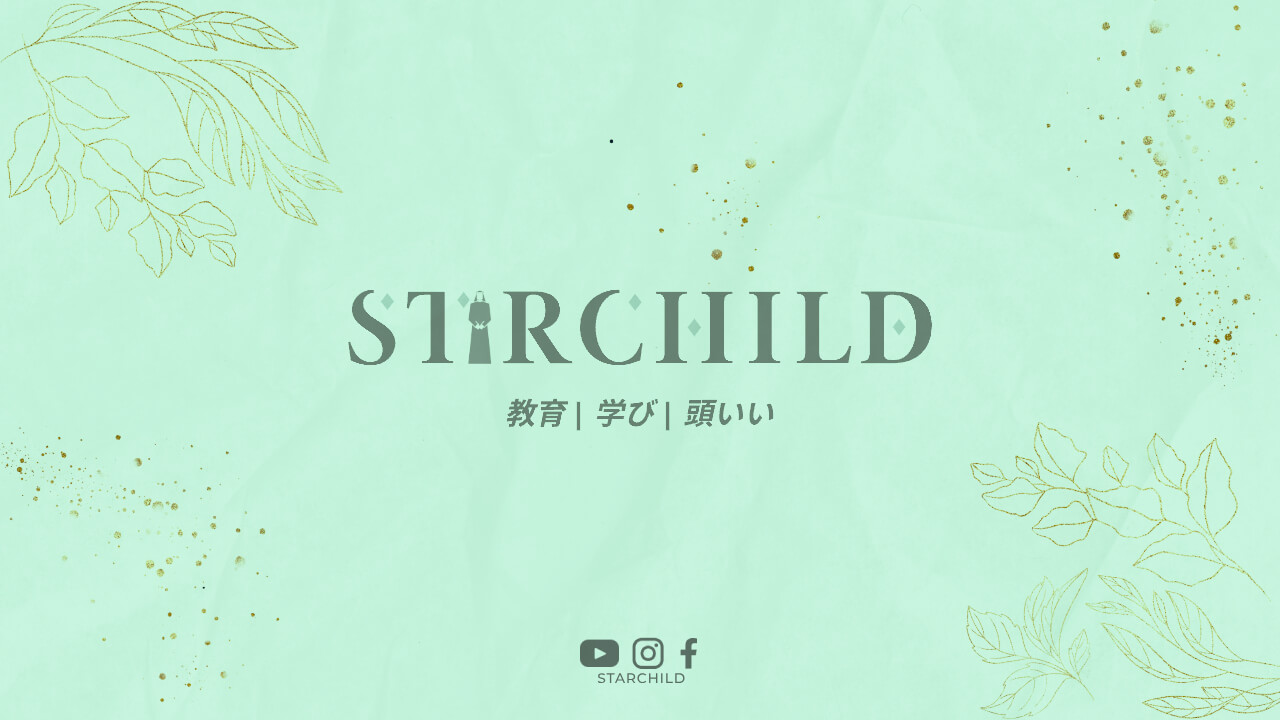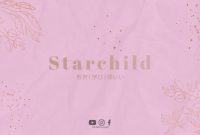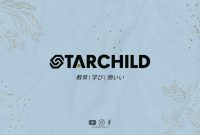If you are a fan of Yorushika, then you must have heard of their hit song “Dry Flower” or “Kawaita Hana” in Japanese. The song is known for its melancholic and nostalgic lyrics that tug at the heartstrings. However, if you are not a native speaker of Japanese, you might find it difficult to understand some parts of the song. In particular, the use of second-person pronouns “anata” and “kimi” in the lyrics can be confusing. In this article, we will delve deeper into the meaning and usage of these pronouns in the context of “Dry Flower.”
Overview of the Song
Before we dive into the specific lyrics, let us first have a brief overview of “Dry Flower.” The song tells the story of a person who is reminiscing about their past relationship. They are looking at the dried flowers that they had kept as a memento and feeling a sense of sadness and loss. The lyrics describe the various emotions that the person is going through, such as regret, longing, and resignation.
The Use of “Anata” in the Lyrics
The first pronoun that we will examine is “anata.” This is a second-person pronoun that is commonly used in Japanese to refer to a spouse, a lover, or a person of higher status. In the context of “Dry Flower,” the use of “anata” suggests that the person is addressing their former partner directly.
For example, in the first verse of the song, the lyrics go:
“Anata ga furueteru toki wa
Boku mo furueteru”
This can be translated as:
“When you tremble,
I tremble too.”
Here, the use of “anata” implies that the person is addressing their former partner directly and expressing empathy for their emotions. The use of “boku” (a first-person pronoun) in the second line also emphasizes the speaker’s emotional connection to the addressee.
The Use of “Kimi” in the Lyrics
The second pronoun that we will examine is “kimi.” This is another second-person pronoun that is commonly used in Japanese to refer to a friend, a lover, or a person of lower status. In the context of “Dry Flower,” the use of “kimi” suggests that the person is addressing their former partner indirectly.
For example, in the chorus of the song, the lyrics go:
“Kimi to boku wa onaji yume wo miteita
Nakushita mono nado nai to omotteita”
This can be translated as:
“You and I were dreaming the same dream,
Thinking that we had nothing to lose.”
Here, the use of “kimi” implies that the person is addressing their former partner indirectly and reminiscing about the time when they were together. The use of “boku” in the second line also suggests that the speaker is looking back on the past with a sense of regret and resignation.
The Emotional Impact of the Pronouns
So, why do the pronouns “anata” and “kimi” matter in the context of “Dry Flower?” The answer lies in the emotional impact that they create. By using “anata,” the person is able to address their former partner directly and express their empathy and understanding. This creates a sense of intimacy and emotional connection between the two characters, despite their separation.
On the other hand, by using “kimi,” the person is able to address their former partner indirectly and create a sense of distance and nostalgia. This creates a bittersweet feeling of longing and regret, as the person remembers the time when they were together and realizes that they can never go back to that time.
The Cultural Context of the Pronouns
It is also worth noting that the use of “anata” and “kimi” in Japanese can be heavily influenced by the cultural context. In traditional Japanese culture, it was considered impolite to use personal pronouns too often, especially in formal situations. Instead, people would use titles or other indirect expressions to refer to themselves and others.
However, in modern Japanese culture, the use of personal pronouns has become more common and less formal. Nevertheless, the choice of pronoun can still convey a lot of meaning and nuance, depending on the situation and the relationship between the speakers.
Conclusion
In conclusion, the use of second-person pronouns “anata” and “kimi” in Yorushika’s “Dry Flower” adds a layer of emotional depth and complexity to the song. By using “anata,” the person is able to address their former partner directly and express their empathy and understanding. By using “kimi,” the person is able to address their former partner indirectly and create a sense of distance and nostalgia. The choice of pronoun can convey a lot of meaning and nuance, depending on the situation and the relationship between the speakers. By understanding the usage of these pronouns, we can appreciate the beauty and poignancy of the lyrics even more.




